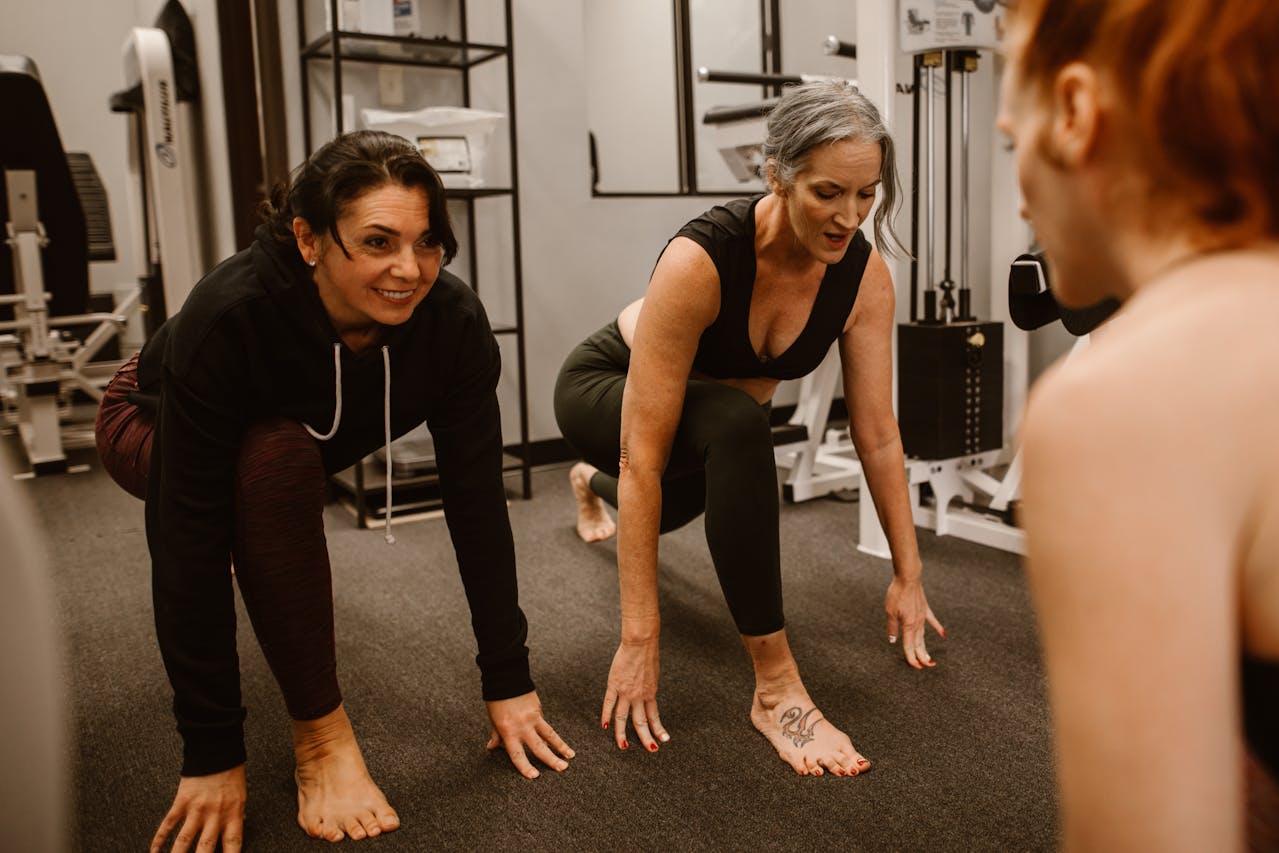Perimenopause is a complex and often unpredictable stage of a woman’s life that affects nearly every system in the body. Often beginning in a woman’s 40s (and sometimes earlier), this transitional stage before menopause can span several years and brings with it a variety of physical, mental, and emotional shifts. Skin becomes dry, moods fluctuate, joints ache, and energy dips. While balancing hormonal changes generally becomes the focus, there’s growing awareness of the critical role nutrients play in supporting the body during this time.
Among them is vitamin C, not only as a fantastic nutrient to support the immune system, but as a foundational part in navigating perimenopausal welbeing.
Dry Skin and Itchy Scalp: The Skin Barrier and Oestrogen Decline

One of the lesser-discussed symptoms of perimenopause is the sudden onset of dry, reactive skin and an itchy, irritated scalp. This is not just anecdotal, studies confirm that declining oestrogen levels reduce the skin’s natural moisturising factors, including ceramides, hyaluronic acid and collagen, all of which are essential for skin hydration and barrier integrity.
Vitamin C plays a direct role in supporting the skin barrier. It aids in the production of ceramides and stabilises the structure of collagen and elastin. A 2017 review in Nutrients confirmed vitamin C’s essential role in epidermal differentiation and its protective effect against environmental oxidative stress, which can worsen dryness and inflammation.
The scalp, an often-neglected extension of our skin, is also impacted by these changes. Reduced sebum production and increased transepidermal water loss make the scalp more prone to dryness and irritation. Vitamin C’s anti-inflammatory and antioxidant effects help calm this sensitivity, particularly by modulating mast cell activity and histamine response, key drivers in itching and irritation.
Collagen Production: Structure, Strength, and Resilience
Collagen is the scaffolding that supports skin, joints, blood vessels, and more. Unfortunately, its synthesis drops significantly during perimenopause, exacerbated by both age and declining oestrogen. Studies have shown that postmenopausal women experience up to a 30% reduction in skin collagen within five years of menopause.
Vitamin C is indispensable for collagen biosynthesis. It acts as a cofactor for prolyl and lysyl hydroxylase, enzymes needed to stabilise the collagen molecule. Without sufficient vitamin C, new collagen cannot be properly formed, regardless of how much protein or collagen supplements are taken. A 2018 study in The American Journal of Clinical Nutrition also found that higher dietary vitamin C intake was associated with better skin appearance and fewer wrinkles in middle-aged women.
Adrenal Support and Stress Regulation

During perimenopause, the adrenal glands take on added responsibility. As ovarian oestrogen production slows, the adrenals begin to produce small amounts of oestrogen and progesterone. Yet this coincides with one of the most stressful phases of life for many women, balancing work, family, ageing parents, and now hormonal unpredictability.
Vitamin C is one of the most concentrated nutrients in the adrenal cortex and is rapidly depleted during periods of stress. Research published in Neuroendocrinology Letters highlights how vitamin C modulates cortisol release and helps regulate the hypothalamic-pituitary-adrenal (HPA) axis. Supporting the adrenals with adequate vitamin C may help buffer the intensity of perimenopausal mood swings, anxiety, and fatigue.
Iron Absorption and Menstrual Irregularities
Heavy or prolonged periods are common during perimenopause due to hormonal imbalance, particularly oestrogen dominance in the absence of consistent ovulation. This can result in iron deficiency, which manifests as fatigue, cold sensitivity, hair thinning, and even palpitations.
Vitamin C enhances the absorption of non-heme iron (the form found in plant-based foods) by reducing it from ferric to ferrous form, making it easier for the body to absorb. Pairing iron-rich foods with vitamin C sources can be a simple, effective strategy for maintaining healthy iron levels during this time.
Joint and Muscle Support: Beyond Ageing
Aches, stiffness, and a general sense of “creakiness” are common complaints among perimenopausal women. These are often attributed to ageing, but the drop in oestrogen and collagen also plays a significant role in joint degeneration and muscle soreness.
Vitamin C supports the connective tissue matrix of joints by contributing to collagen cross-linking and reducing oxidative stress in joint cartilage. In one double-blind trial published in ‘Arthritis Research & Therapy’, vitamin C supplementation helped reduce symptoms of knee osteoarthritis in middle-aged women, suggesting benefits for joint comfort and function.
Cognitive Clarity and Mood Stability

Perimenopause is also associated with brain fog, forgetfulness and mood swings. While fluctuating oestrogen is partly to blame, oxidative stress and nutrient depletion may also be contributing factors.
Vitamin C contributes to the synthesis of neurotransmitters such as dopamine and norepinephrine, both of which affect mood, attention and motivation. It also helps protect the blood-brain barrier and prevents the oxidation of lipids in the brain, important in maintaining cognitive function. A 2014 study in The Journal of Nutrition, Health & Aging found a correlation between vitamin C levels and cognitive performance in middle-aged and older adults.
Final Thoughts
Perimenopause brings real and often frustrating changes, but it’s also an opportunity to tune in and support your body in a deeper way. From skin health and hormone support to mood and immunity, Vitamin C supports many of the systems that begin to shift during perimenopause.
If you’re noticing new symptoms cropping up, especially dry skin, increased sensitivity, or changes in mood, it’s worth considering whether your vitamin C intake is meeting your body’s changing needs.
Check out our highly bioavailable Vitamin C options from a Certified Organic Whole-food Vitamin C from fruits and berries, to a High strength (1200mg) Liposomal Vitamin C, with Quali-C.







